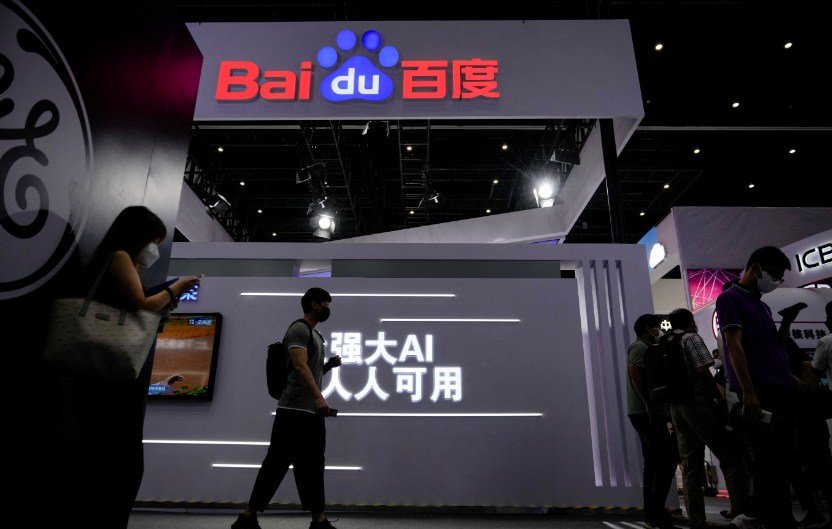Baidu’s ERNIE chatbot is now fully open to the public
Chinese tech giant Baidu announced on Thursday that it has launched China’s first public artificial intelligence (AI) chatbot, named ERNIE, which can generate natural language responses to human queries. Baidu said that ERNIE is the result of years of research and development, and that it has four core abilities: understanding, generation, reasoning, and memory.
Baidu’s CEO Robin Li said that the public launch of ERNIE will enable the company to collect massive feedback from the users, and to improve the chatbot’s performance and accuracy. He also said that Baidu is set to launch a suite of new AI-native apps that will allow users to fully experience the power of generative AI.
Generative AI is a type of AI that can create new content or data based on existing data, such as text, images, or audio. ERNIE is a generative AI chatbot that can learn from huge amounts of data taken from the internet and from the humans that interact with it. ERNIE can respond to questions in human-like language, and can also generate stories, poems, jokes, and other creative content.
Baidu faces competition and censorship in China’s AI market
Baidu is not the only company that is developing AI chatbots in China. Two other companies, Baichuan and Zhipu AI, also announced on Thursday that they have made their chatbots publicly available for general use. Baichuan’s chatbot is called Xiaobai, and Zhipu AI’s chatbot is called Zhiyu. Both chatbots claim to have similar features and functions as ERNIE.
China’s AI market is highly competitive and lucrative, as the country has a large population of internet users and a strong demand for smart services and products. According to a report by IDC, China’s AI market is expected to reach $30 billion by 2024, accounting for 12% of the global AI market.
However, China’s AI developers also face strict regulations and censorship from the government, which imposes tight control on certain information and topics that are deemed sensitive or harmful to the national security and social stability. For example, topics such as the 1989 Tiananmen Square crackdown, the Hong Kong protests, the Uyghur minority, and the COVID-19 origin are banned or restricted on Chinese internet platforms.
According to guidelines issued by Beijing earlier this month, Chinese generative AI apps must “adhere to the core values of socialism” and refrain from threatening national security, social order, or public morality. The guidelines also require AI developers to establish mechanisms for content review, user feedback, and emergency response.
Baidu seeks to challenge Western rivals in global AI arena
Baidu’s launch of ERNIE is also seen as an attempt to challenge Western rivals such as Microsoft and OPEN AI, which have developed their own popular AI chatbots. Microsoft’s chatbot is called Xiaoice, which means “little ice” in Chinese. Xiaoice was originally launched in China in 2014, but has since expanded to other markets such as Japan, Indonesia, India, and the US. Xiaoice has more than 660 million users worldwide, and can engage in conversations across various platforms such as WeChat, Line, Facebook Messenger, and Cortana.
OPEN AI’s chatbot is called ChatGPT-3 (Generative Pre-trained Transformer 3), which is widely regarded as one of the most advanced and powerful AI systems in the world. ChatGPT-3 can generate coherent and fluent text on almost any topic or domain, based on a few words or sentences given by the user. ChatGPT-3 has been used by many developers and researchers to create various applications and experiments, such as writing essays, composing songs, creating memes, and even impersonating celebrities.
However, ChatGPT-3 is not available to the general public yet. OPEN AI has only granted access to a limited number of selected partners and researchers through its beta program. Moreover, ChatGPT-3 is banned in China due to its potential to generate content that violates China’s laws and regulations.

